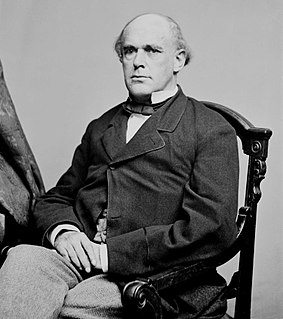A Quote by James Surowiecki
In the heart of the Great Depression, millions of American workers did something they'd never done before: they joined a union. Emboldened by the passage of the Wagner Act, which made collective bargaining easier, unions organized industries across the country, remaking the economy.
Related Quotes
Labor unions have a long history of benefitting all workers, even those who are not members of unions, because everyone's wages go up. If we don't increase membership - and membership in labor unions is going down because of the attacks against organized labor - it's something every single American, whether they're officially in a union or not, should be concerned about. It's a spiral. It's a weakening of the middle class and our economy can't sustain that.
This is something that Randi Weingarten said to me when I interviewed her once, which I think I quote in chapter nine. She talks about how only 7 percent of private sector workers in the American economy are in unions. So all the protections that teachers have that are due to collective bargaining - including generous pensions, generous health plans, limits to what they can be asked to do after school and in the summers - all of those things are sources of resentment to the public. And I think that politicians have played off of that quite effectively.
Collective bargaining has always been the bedrock of the American labor movement. I hope that you will continue to anchor your movement to this foundation. Free collective bargaining is good for the entire Nation. In my view, it is the only alternative to State regulation of wages and prices - a path which leads far down the grim road of totalitarianism. Those who would destroy or further limit the rights of organized labor - those who would cripple collective bargaining or prevent organization of the unorganized - do a disservice to the cause of democracy.
Unions are for 'collective bargaining,' not individual bargaining. It follows that most of the achievements of a union, even if they were more impressive than the staunchest unionist claims, could offer the rational worker no incentive to join; his individual efforts would not have a noticeable effect on the outcome, and whether he supported the union or not he would still get the benefits of its achievements.
Although it is true that only about 20 percent of American workers are in unions, that 20 percent sets the standards across the board in salaries, benefits and working conditions. If you are making a decent salary in a non-union company, you owe that to the unions. One thing that corporations do not do is give out money out of the goodness of their hearts.
I was never presented with the details as far as the collective bargaining system is Greece. I am in favor of a normal system without giving the labour minister the right to extend the results to extend the result of the collective bargaining to the whole of the real economy. The government has to make sure that the results will not harm the situation of small and medium enterprises.
You know, when I was in college, there was a big debate: Do unions raise wages? Well, with regard to industrial unions, there were arguments back and forth -- international competition. It is now clear, I think, that whether or not you think unions raised wages 50 years ago, the absence of unions and their weakness that is inflicted by anti-union public policy depresses wages. The fact is that people who are not represented, in the service industries in particular, are the victims of policies which depress their wages.
My agency in promoting the passage of the National Bank Act was the greatest financial mistake of my life. It has built up a monopoly, which affects every interest in the country. It should be repealed, but before that can be accomplished, the people will be arrayed on one side and the banks on the other, in a contest such as we have never before seen in this country.
In a nutshell, the ability of American companies to compete in world markets depends on creating conditions in which workers can add sufficient value to justify their higher wages and benefits, much the Japanese auto manufacturers have done in this country. Until unions and mangers understand the necessity of effectively employing the nation's most important resource, the American worker, we are destined to have more Detroits.































